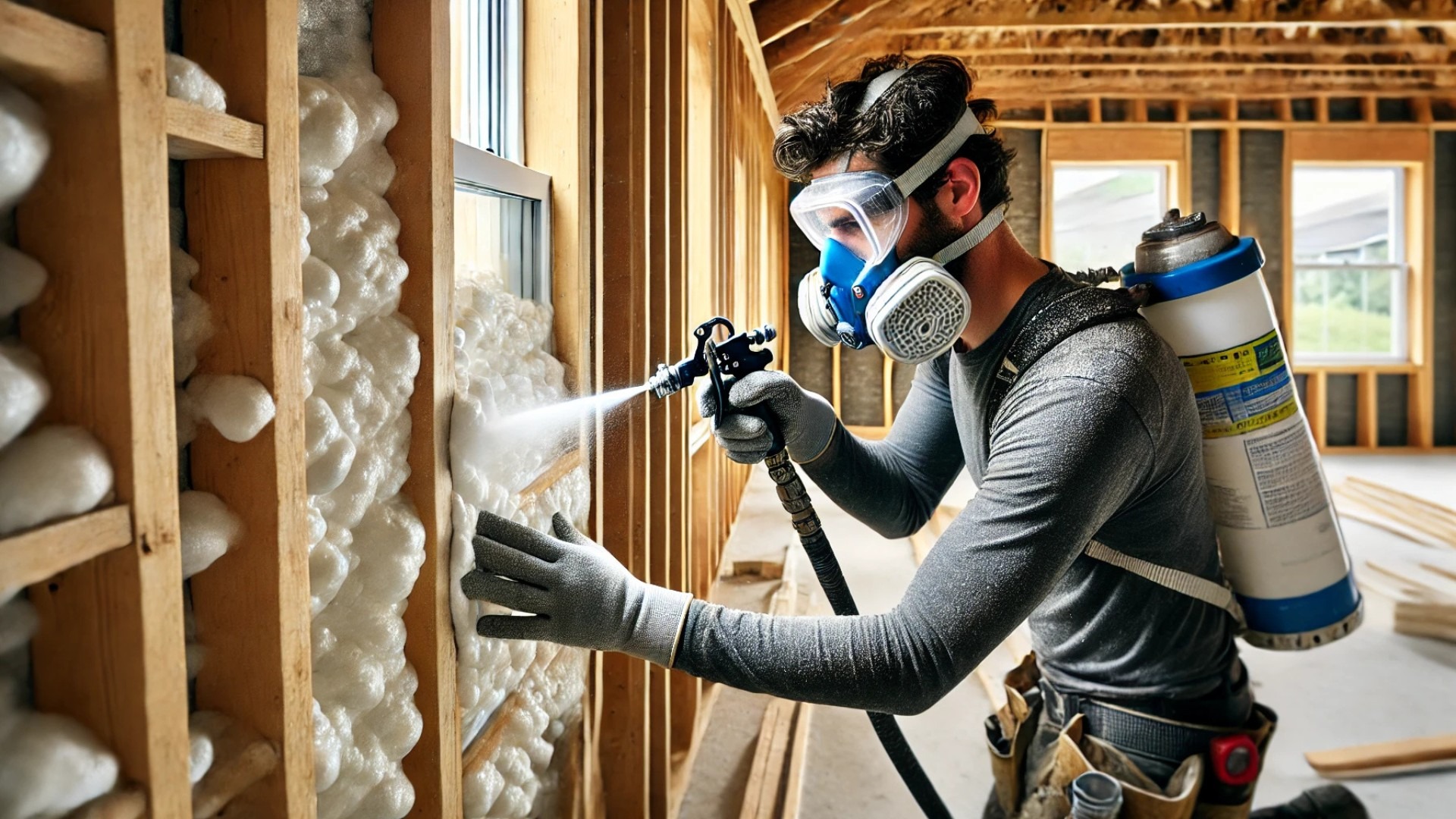
Understanding Spray Foam Insulation's Value
In today's construction environment, enhancing energy efficiency and driving down operational costs are paramount. One technology that has been gaining traction is spray foam insulation. This innovative material not only serves as an effective insulator but also has significant implications for both the short-term and long-term returns on investment.
Spray foam insulation, classified into open-cell and closed-cell varieties, presents unique benefits. The method of application allows for a seamless barrier against air infiltration and moisture, which can deteriorate traditional insulation types over time. The long-term performance stability of spray foam insulation can greatly reduce homeowners' reliance on heating and cooling systems, leading to lower energy bills.
Investing in Longevity and Efficiency
When approaching any roofing project, long-term investments are key. Research consistently shows that properties equipped with effective insulation see improvements in overall energy performance, thus boosting market value and structural longevity. For instance, a study from the Department of Energy indicates that homes insulated with closed-cell spray foam can yield energy savings of up to 50% in specific climates, substantiating the expense as a worthwhile investment.
Comparative Insights: Traditional vs. Spray Foam
Traditional insulation materials like fiberglass may initially lower project costs; however, their performance over time is questionable. Studies show that fiberglass insulation can be compromised by moisture over time, leading to mold growth and decreased R-values. Conversely, spray foam insulation maintains its intended R-value throughout its lifespan, which can mitigate repair costs and enhance property resilience.
Market Trends and Consumer Demand
As consumers increasingly prioritize sustainable living and energy-efficient homes, spray foam insulation meets these demands. Demand for eco-friendly solutions is notable in regions with stringent building codes and environmental policies. Innovations in spray foam technology continue to emerge, making it a more accessible choice for builders and contractors.
Conclusion: Maximizing Your Investment
As competition in the construction landscape evolves, leveraging advanced tools like spray foam insulation can yield significant dividends. Its multifaceted benefits offer homeowners not just savings but also peace of mind in energy management. By investing in spray foam insulation, you’re not only improving a building's energy efficiency but also its market value and longevity. The blend of ROI and sustainability makes it a strategic choice for those looking to stay ahead in property investment.
 Add Row
Add Row  Add
Add 




Write A Comment